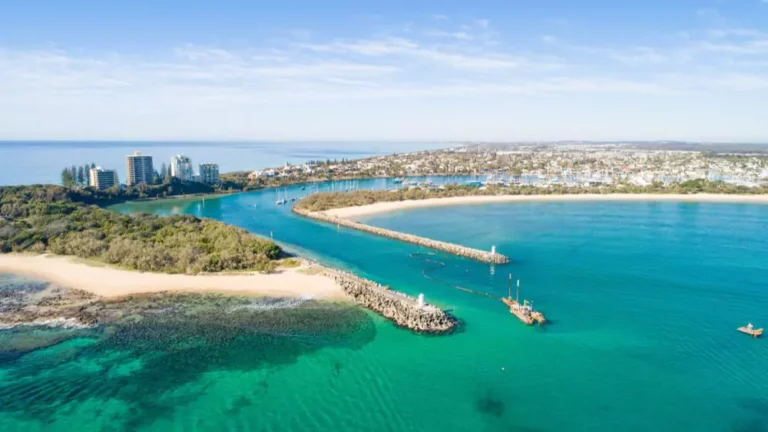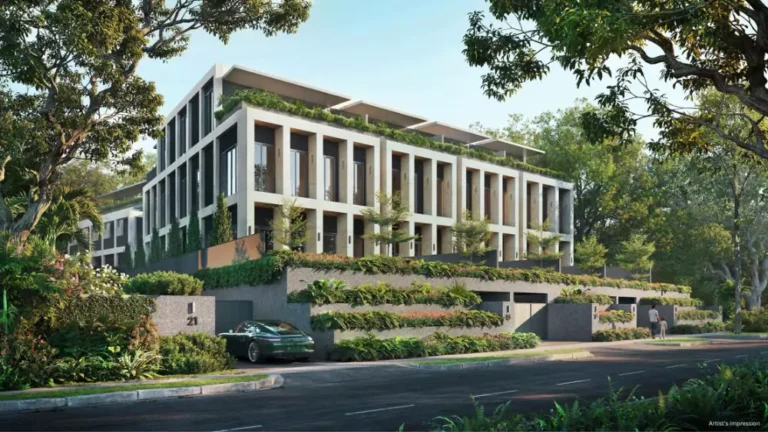Reasons why the eco-resorts of Bali thrive financially, plus other stories

For PropertyGuru’s news roundup, with Bali positioned as a premier ecotourism destination, certain strategies make eco-resorts not just sustainable, but also financially successful in the island province’s competitive market. In other headlines, Malaysia has 17.5 million users of 5G services to date, covering over 82 percent of populated areas nationwide. Lastly, Finance Minister Pichai Chunhavajira is looking at several options to stimulate Thailand’s economy, with a focus on attracting more foreign investors to Thai real estate.
What makes Bali’s eco-resorts thrive financially
With Bali positioned as a premier ecotourism destination, here are three key takeaways that contribute to the success of eco-resorts on the island, according to Ross Woods, Founder & Head PT Hotel Investasi Strategis:
Prime location & accessibility – Resorts near Bali’s iconic beaches, cultural landmarks, or natural attractions achieve higher occupancy rates and stronger market appeal. Proximity to transport hubs further enhances guest convenience and revenue potential.
Sustainability practices – Effective waste reduction, energy-efficient technologies, and water conservation resonate with eco-conscious travellers.
Exceptional guest experience – Superior service quality and unique offerings like wellness retreats or cultural immersions create loyal guests.
The Hotel Conversation outlines the rest of the major strategies that make eco-resorts not just sustainable, but also financially successful in Bali’s competitive market.
17.5 million 5G users in Malaysia — Gobind
Malaysia has recorded 17.5 million users of 5G services to date, covering over 82 percent of populated areas nationwide, according to Digital Minister Gobind Singh Deo.
“The ministry, through Digital Nasional Berhad (DNB), has provided and will continue to provide 5G infrastructure. The high number of users indicates a strong interest in this technology. We would like to ensure that all infrastructure is secure, particularly in terms of cybersecurity and data usage,” he told reporters after officiating the Connected Industries Day: Transforming Manufacturing with 5G and Artificial Intelligence (AI) programme on 3rd December.
On data centres, Gobind said the government had not set any limits on data centre construction in the state but would assess the suitability of each investment before proceeding.
“We will carefully review each application because in the future we not only want data centres but also AI-powered data centres. We also need to consider several factors including approvals for land and the required energy and water supply,” he was quoted saying by The Edge Malaysia.
Luring foreigners to Thai real estate
Finance Minister Pichai Chunhavajira is looking at several options to stimulate Thailand’s economy, with a focus on attracting more foreign investors. One approach is to improve the ‘rights over leasehold asset’ laws or lease agreements for real estate, making them more conducive for investment.
He said in Bangkok Post, “The Thai economy has been growing at a low rate for an extended period, affecting people’s finances as household debt increases. This has created a ripple effect, reducing domestic purchasing power, including for cars and housing. The real estate sector is important for the economy, with knock-on effects for several interconnected industries. As the purchasing power of Thais for real estate stagnates, the Paetongtarn Shinawatra government plans to put into practice the ideas from the previous administration, aiming to allow foreigners to purchase real estate here.”
The Property Report editors wrote this article. For more information, email: [email protected].
Recommended
Meet the expert helping overseas investors crack Australia’s property market
Ivan Lam of property advisors Charter Keck Cramer helps clients navigate Australia’s complex real estate dynamics
ARES White Paper Volume 3: The era of adaptive reinvention
Pioneering sustainable and innovative practices in urban development
ARES White Paper Volume 2: Unravelling the power of data revolution in real estate
Insights on proptech, smart cities, and sustainable development
ARES Digital White Paper Volume 1: The fundamentals of responsible building
Green and climate heroes join forces to discuss how Asia Pacific can weather the current environmental crises and the looming effects of climate change






